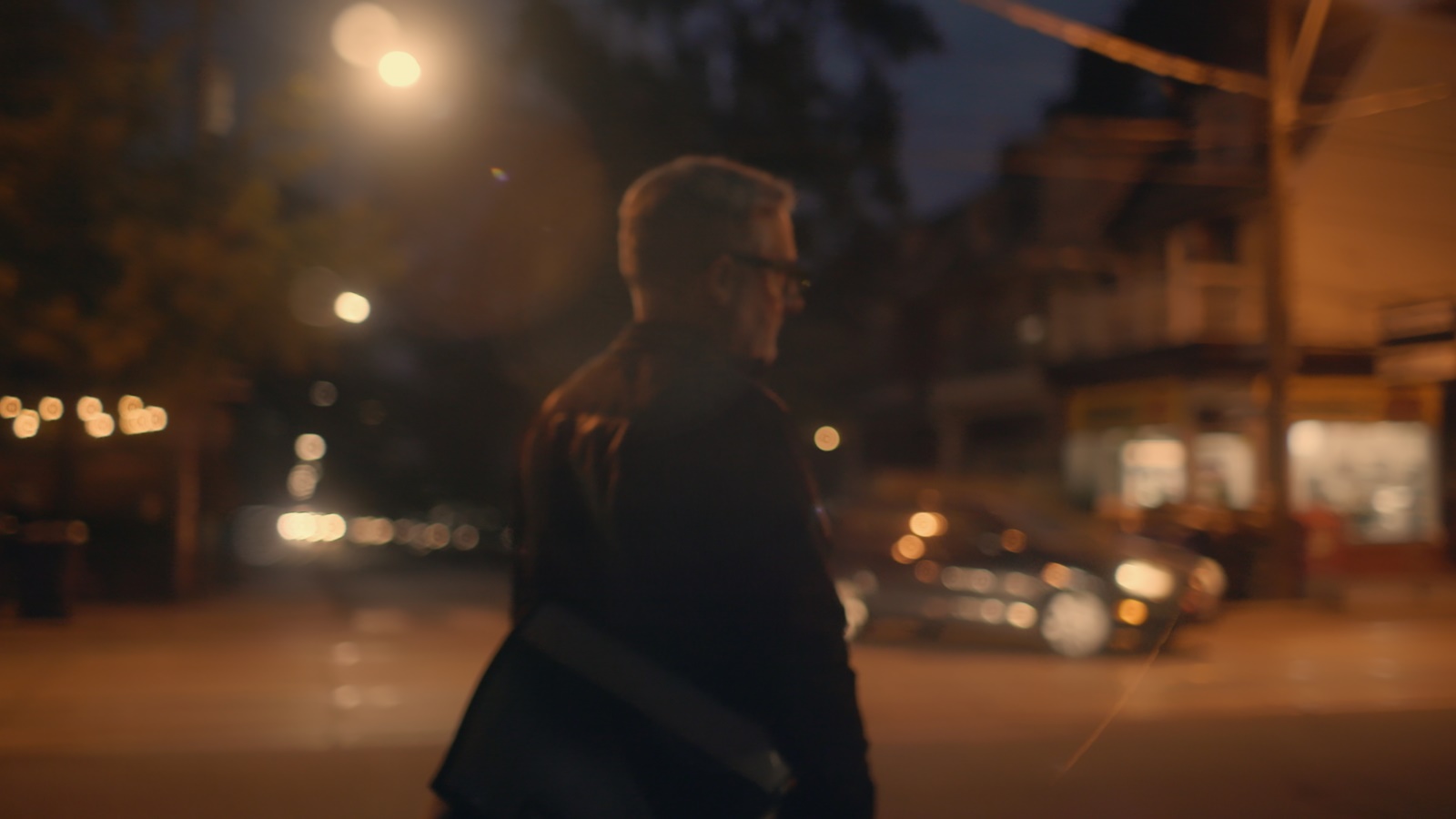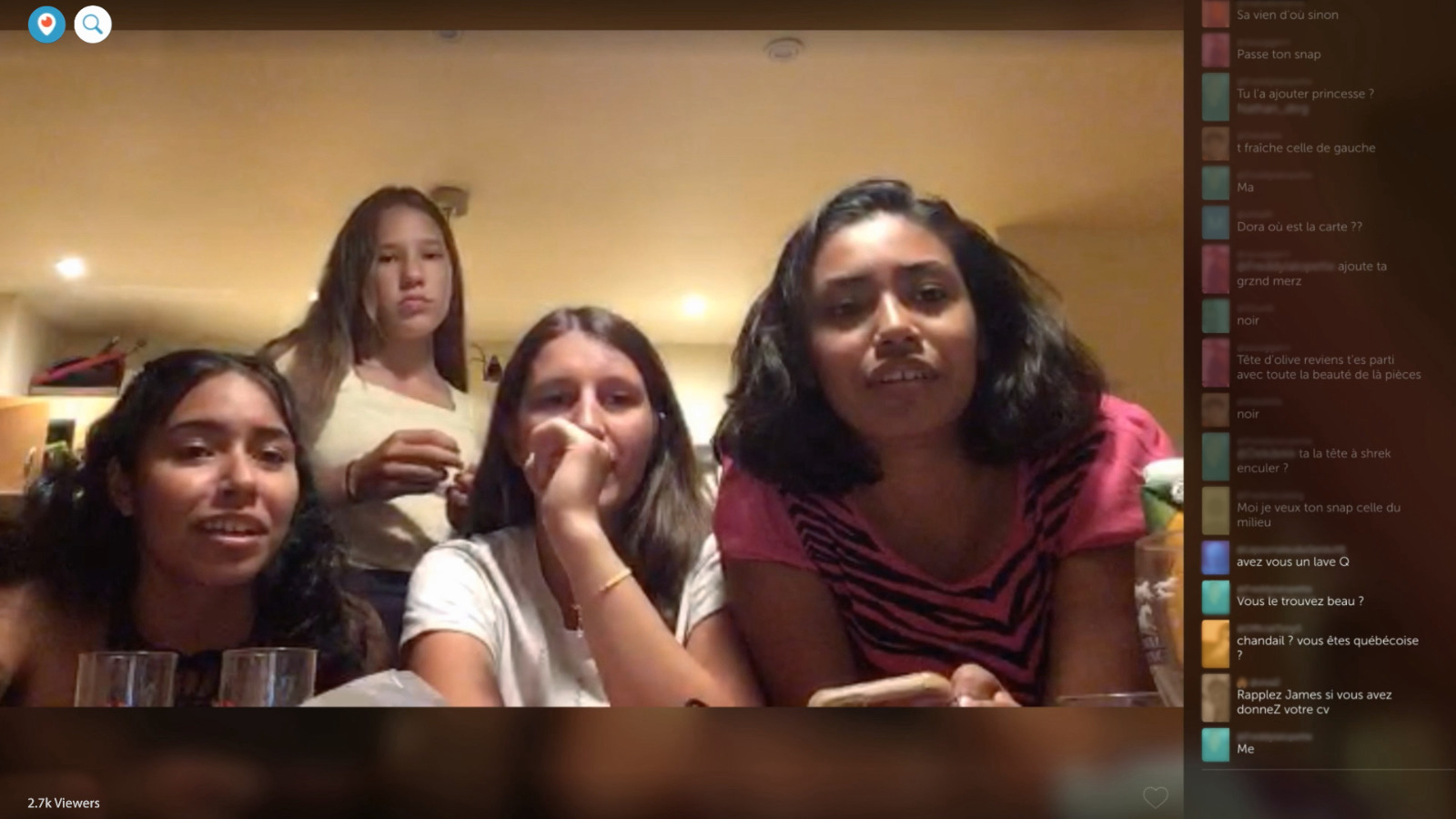Is any modern device more powerful than a cellphone? These small handheld gadgets make anybody who carries one a witness to the world. Moreover, they transform everyday people into citizen journalists with the tap of a button. Recent years have seen society rocked by viral videos that exposed ugliness, violence, and broken systems. The doc mini-series Witness, created by Amar Wala, takes audiences behind the stories of viral videos that have shocked, inspired, and mobilized millions of viewers.
For example, episode one of Witness, directed by Yasmine Mathurin (One of Ours), unpacks a story of police brutality that left an onlooker shaken. Witness Martin Baron recounts the experience of observing the 2013 shooting of Sammy Yatim in Toronto’s Trinity Bellwoods neighbourhood. The documentary, like each episode in Witness, opens with the footage that its subject captured for the world to see. These images are tragically familiar to Torontonians. As Baron observes from a close distance, gunfire rings out as the police open fire on the 18-year-old Yatim as he experienced a mental health episode on the streetcar.
Baron shares his perspectives with Mathurin and outlines how bearing witness to such an event changes a person. He also unpacks the fallibility of memory and complications that ensued when he took the witness stand during trial, whereas the video offers an objective record of the officer’s actions. Witness smartly looks beyond the actions of officer James Forcillo to ask why the system itself fails to be held accountable when the police neglect their duty to serve and protect their community. The documentary proves especially unsettling with its premiere inadvertently coinciding with a judge’s ruling against Forcillo’s argument that Yatim’s death was “suicide by cop” or, rather, a form of victim blaming that suggests the young man forced the officer’s hand upon the trigger. It’s not an easy watch.
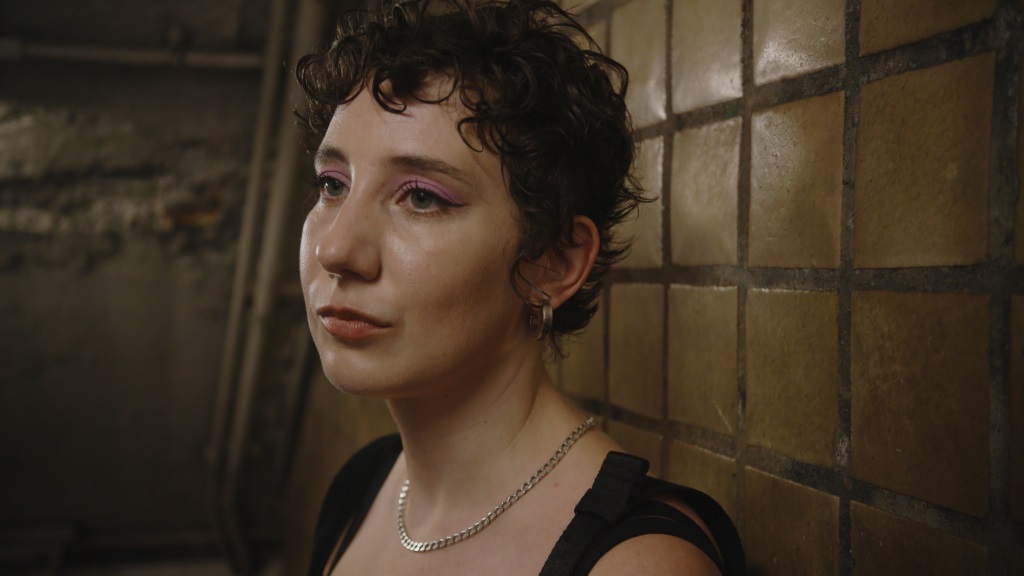
Witness to Systemic Inequality
Stories of broken systems fuel similarly fuel the second episode, “I Love New York,” directed by Carol Nguyen (No Crying at the Dinner Table). The video that opens this documentary presents the jaw-dropping sight of New Yorkers wading into waist-deep wastewater during their commute on the subway. Nguyen follows New Yorker Paullee Wheatley-Rutner as she remembers that rainy day when she and fellow commuters were gagged by the sight of water flooding the transit line. However, she laughs about the absurdity of the New York minute in which commuters soldiered on, found some garbage bags, and trudged through the dirty water to get to work.
Witness uses this video, which caught the eyes of figures like Alexandria Ocasio-Cortez, to consider the role that public transit plays in city life. Wheatley-Rutner likens the subway to the lifeblood of the city that connects residents and facilitates the vibrancy that makes New York such a distinct metropolis. But the images of New Yorkers covered in dirty water underscore the social inequalities drawn by transit lines. Arriving clean, dry, and hopefully on time should be a right, not a privilege, for all city dwellers.
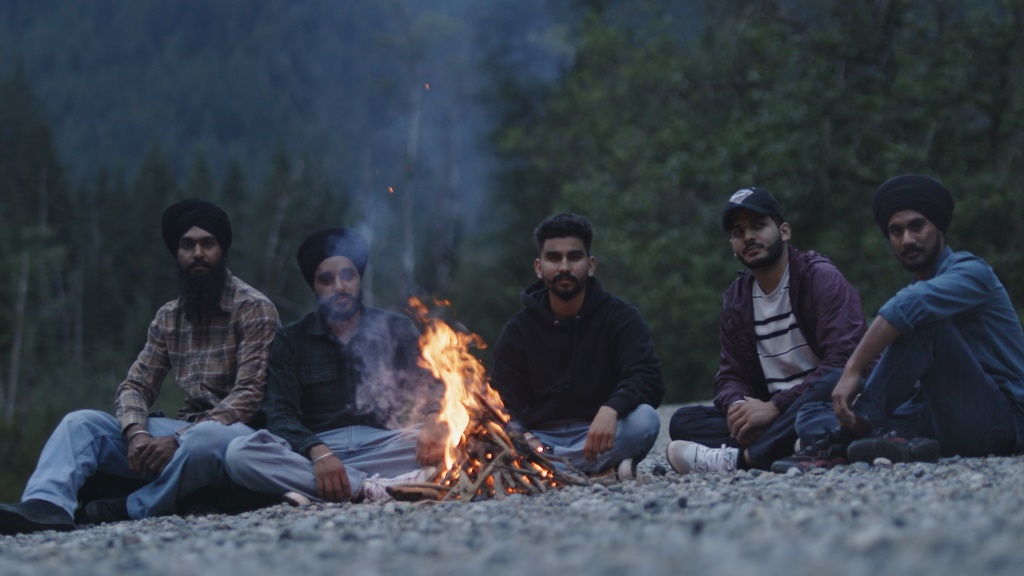
Bearing Witness to Joy
Other stories in Witness harness the positive aspects of viral videos. The third episode, directed by Wala, introduces audiences to the five men in Vancouver who rescued two hikers in a provincial park by tying their turbans together and devising a makeshift lifeline to pull the adventurers to safety. Witness shows how cameras capture acts of bravery and recognize everyday heroes with their stories that inspire others, offering positive images through everyday acts.
Similarly, Nguyen tells the story of a midwife Lisa-Marie who inspires women to celebrate motherhood through at-home water births. Images of mothers delivering their babies share moments of unabashed joy. There are other stories that aren’t captured on camera, though, as Lisa-Marie introduces Nguyen to mothers who lost their babies on days they expected to be the happiest of their lives. The midwife reflects upon mothers’ ability to navigate trauma through delivery and the healing process afforded by the comfort of at-home births.
Black boy magic, meanwhile, fuels the story of three friends from Mississauga who find instant fame as the Basement Gang. Director Mathurin harnesses the infectious energy of the dance trio’s videos as she shares their mega-hit TikTok clips that bring joy to everyone who watches them. Nate James, Nick McDonald, and Kadeem Hemmings recall how they just started dancing on a lark. However, their story speaks to the role that viral videos played in shaping community during the COVID lockdowns. As their videos reach millions of viewers, the Basement Gang tells how strangers thanked them for providing relief during times of isolation. Witness accurately captures these videos’ ability to help people navigate mental health even though screen-time can prove debilitating under difference circumstances. Everyone needs a good laugh now and then, and this doc offers welcome relief.
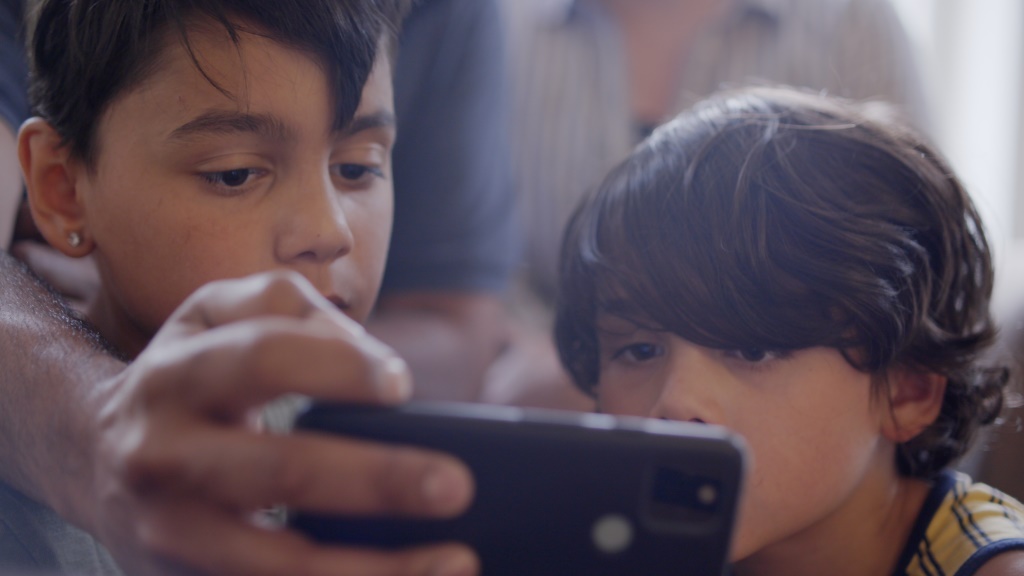
“I’m a Witness”
Finally, Witness ends with the yet-unaired episode, “I’m a Witness,” which will premiere at Hot Docs. Also directed by Mathurin, this video brings the series full circle with another tale of police brutality captured by a camera. In this case, Torontonian Waseem Khan revisits a 2017 shocker in which he observed multiple police officers using excessive force on a suspect. Khan’s video shows the police tasering the man as he lies on the ground, while other officers surrounding the action turn hostile on the crowd, uttering threats about the camera and making unprofessional remarks to dehumanize the victim.
Khan, like Baron in episode one, processes the implication of bearing witness. The sight weighs heavily on him, for he knows it all too well. A father to two young children, Khan wonders what the future in Toronto may hold for his kids. Even though they grow up in better socio-economic standing than he did, the prevalence of police bias and brutality is a reality they have to confront. Khan uses the power of his camera to educate his kids about being vigilant. As they watch his video in horror, they recognize the injustice all too clearly. While the systems might not be changing, Witness suggests that the speed with which technology evolves may inspire a generation of citizens who are more aware of the world around them and will be agents of change to shake the status quo.
Episodes one to five of Witness are now on CBC Gem. Episode six premieres at Hot Docs on May 2 and airs on May 3.




